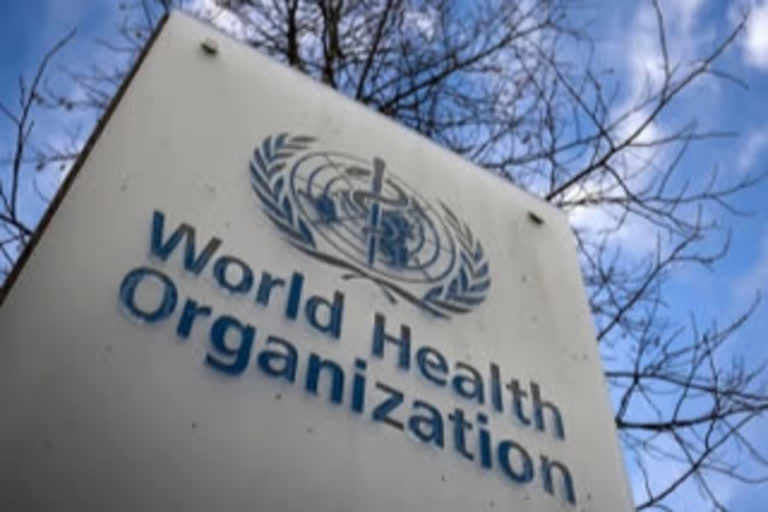Geneva (Switzerland): The World Health Organisation has said that it is closely monitoring a new coronavirus "variant of interest" named Mu, warning that the new variant shows signs of possible resistance to vaccines.
Mu - also known by its scientific name as B.1.621 - was first identified in Colombia in January 2021, and since then, there have been "sporadic reports" of cases and some larger outbreaks in South America and Europe, the UN health agency said in its weekly bulletin on the pandemic on Tuesday.
The cases of the Mu variant have also been reported in the UK, Europe, the US and Hong Kong.
The new 'variant of interest' is being closely monitored, the UN health agency said.
Although the global prevalence of the Mu variant among sequenced COVID-19 cases is currently below 0.1%, its prevalence in Colombia (39%) and Ecuador (13%) has consistently increased, it said.
The new variant was added to the WHO's watchlist on August 30 after it was detected in 39 countries and found to possess a "constellation of mutations that indicate potential properties of immune escape," it said.
Reports on the variant's prevalence should be "interpreted with due consideration given the low sequencing capacity of most countries, the UN agency said.
Mu is the fifth variant of interest to be monitored by the WHO since March. It has a number of mutations that suggest it could be more resistant to vaccines, the WHO warned, but said that further research would be needed to confirm this.
The preliminary data shows it may evade immune defences in a similar way to the Beta variant first discovered in South Africa, the UN agency said, adding that this needs to be confirmed by further work.
"More studies are required to understand the phenotypic and clinical characteristics of this variant, it said, adding that the epidemiology of the Mu variant in South America, particularly with the co-circulation of the Delta variant, will be monitored for changes.
